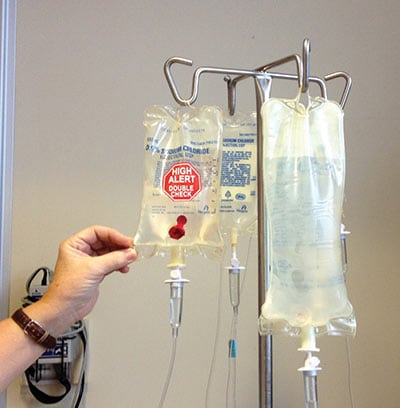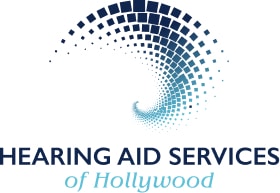According to the American Speech-Language-Hearing Association, there are currently more than 200 chemicals and medications that may result in hearing and balance disorders.

Ototoxic is the term health professionals use for medications and supplements that produce hearing loss as a side effect. Some physician-prescribed medications can damage the delicate hair cells in the inner ear that are the sensory receptors for hearing and balance. In other cases, hearing loss is associated with the use of a drug, but the mechanism that causes the effect is unknown.
According to the American Speech-Language-Hearing Association, there are currently more than 200 chemicals and medications that may result in hearing and balance disorders. In general, the risk for ototoxicity increases as the drug accumulates in the body. The effect of a medication may be transitory and mild in severity, or it may cause permanent loss of hearing.
Antibiotics
The classification of antibiotics known as amino-glycosides is frequently associated with the side effect of hearing loss. These drugs are prescribed to treat serious infections, such as meningitis, when other antibiotics have proven ineffective. Researchers from the Oregon Health and Science University (OHSU) believe that amino-glycosides are transported to the inner ear by a pathway that normally delivers nutrients to the cells. When the drug reaches the inner ear, a chemical reaction occurs that causes the delicate substructures of the hair cells to disintegrate. The deterioration of this tissue produces sensorineural hearing loss.
Chemotherapy Drugs

Cisplatin and carboplatin, both platinum-based chemotherapy drugs, are often used to treat bladder, ovarian and testicular cancers that have spread. Hearing loss side effects for these medications range from tinnitus and vertigo to temporary and permanent hearing loss. There is, at present, no effective treatment to prevent these side effects, but research at OHSU is ongoing to develop methods of delivering the medication to the tumor site without damaging hearing health.
Pain Relievers
Aspirin and non-steroidal anti-inflammatory drugs (NSAIDs) are effective in reducing the inflammation that causes aches and pains. However, a study published in the American Journal of Medicine (March 2010) suggests that regular use of these medications in high doses can cause hearing loss. The study found an increased risk of hearing loss in men younger than 60 who regularly used NSAIDs.
Diuretics
Physicians prescribe diuretics to treat a variety of health conditions, including edema, glaucoma and high blood pressure. These drugs can cause temporary hearing loss and tinnitus by creating an electolyte inbalance in the cochlea. In most cases, the symptoms disappear when the medications are discontinued.
Be Proactive
Everyone reacts to medications differently. Side effects of ototoxic drugs can range from temporary tinnitus and hearing loss to permanent hearing damage. If your physician is prescribing one of the medications discussed here, it is because you have a serious health condition and your hearing health is a secondary concern. Nevertheless, it’s important for patients to have information about side effects, even when the recommended medication is the only option for treatment.

Don’t hesitate to talk to your doctor about your medication concerns. If he or she has prescribed daily aspirin, ask about the potential impact on hearing. For those taking drugs that are strongly associated with ototoxicity (such as amino-glycosides or chemotherapy medications), your physician should request a baseline hearing assessment, have your hearing monitored on a weekly basis during the course of treatment, and continue monitoring for a period thereafter. In many cases, onset of hearing loss may occur weeks or months after the cessation of therapy.
Should your physician have questions about hearing monitoring or the long-term effects of chemotherapy on hearing, please ask him or her to contact me.
We thank Healthy Hearing for contributing some of the information for this article.
Call Hearing Aid Services of Hollywood at (323) 463-7109 for more information or to schedule your appointment today.

